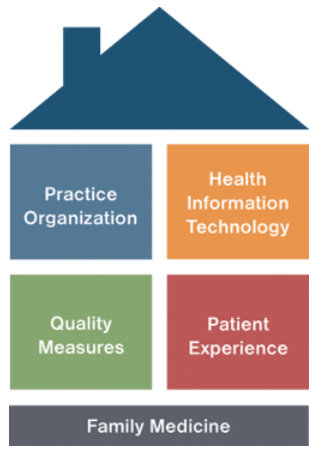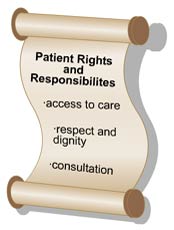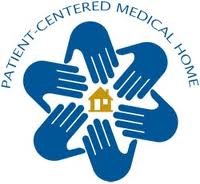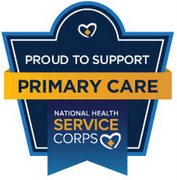Patient Rights
As a patient coming to His Branches for medical care you are entitled to:
- receive health care services without regard to age, race, color, sexual orientation, religion, marital status, sex, national origin or sponsor;
- be treated with consideration, respect and dignity including privacy in treatment;
- be informed of the services available at any health care facility operated by His Branches;
- be informed of the provisions for off-hour emergency coverage;
- be informed of the charges for services, eligibility for third-party reimbursements and, when applicable, the availability of free or reduced cost care;
- receive an itemized copy of your account statement, upon request;
- obtain from your health care practitioner, or the health care practitioner’s delegate, complete and current information concerning your diagnosis, treatment and prognosis in terms you can be reasonably expected to understand;
- receive from your physician information necessary to give informed consent prior to the start of any non-emergency procedure or treatment or both. An informed consent shall include, as a minimum, the provision of information concerning the specific procedure or treatment or both, the reasonably foreseeable risks involved, and alternatives for care or treatment, if any, as a reasonable medical practitioner under similar circumstances would disclose in a manner permitting you to make a knowledgeable decision;
- refuse treatment to the extent permitted by law and to be fully informed of the medical consequences of your action;
- refuse to participate in experimental research;
- voice grievances and recommend changes in policies and services to the center’s staff, the leadership of His Branches, and the New York State Department of Health without fear of reprisal;
- express complaints about the care and services provided and to have His Branches investigate such complaints. His Branches is responsible for providing you or your designee with a written response within 30 days, if requested by you, indicating the findings of the investigation. His Branches is also responsible for notifying you or your designee that if you are not satisfied by their response, you may complain to the New York State Department of Health’s Office of Health Systems Management;
- privacy and confidentiality of all information and records pertaining to your treatment;
- approve or refuse the release or disclosure of the contents of your medical record to any health-care practitioner and/or health-care facility except as required by law or third-party payment contract;
- access your medical record pursuant to the provisions of Section 18 of the NYS Public Health Law;
- authorize those family members and other adults who will be given priority to visit consistent with your ability to receive visitors; and
- make known your wishes in regard to anatomical gifts. You may document your wishes in your health care proxy or on a donor card, available from the center.
Patient Responsibilities
As a patient receiving health care services at HBHS you should:
- give us full and honest facts about your health and your health history. Your health history includes illnesses, hospital stays, medicine you take or have taken, instructions to your doctor about your care (advance directives), and other health matters.
- ask questions when you do not understand. Attend classes to learn about your health. You may bring a written list of questions to your appointment.
- be a partner in your health care plan. Talk about your treatment. Follow the plan of care. Tell the doctor if you cannot follow the plan of care. Tell your doctor about any changes in your health.
- tell us about changes in your address, phone number, and insurance. Give us the correct address and phone number for you and your next of kin.
- use our services correctly. Refill your medicine on time, Make regular health appointments. Call us for an appointment if you feel sick or need help filling out a form. Keep your appointments and arrive 30 minutes early. Be ready to pay the copay. Call two days in advance or as soon as you know that you cannot keep your appointment.
- pay your part of the bill. Apply for help with paying your medical bills, if needed.
- treat the people who take care of you, other patients, and our property with respect and courtesy. Maintain a quiet area.
- answer our surveys and tell us what we can do better.






